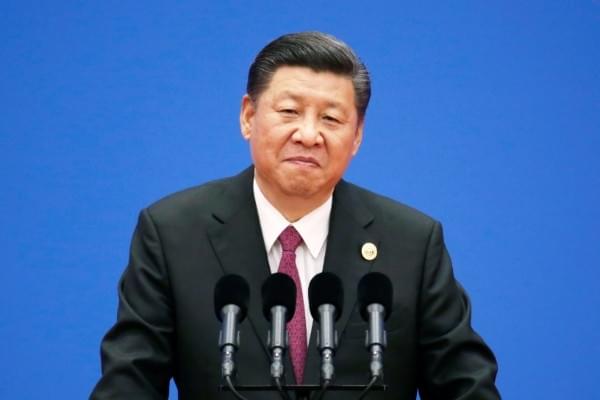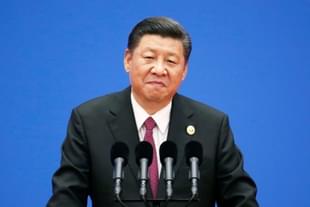Insta
Pakistan Looks To Escape ‘Potholes’ On Chinese ‘Silk Road’: Downscales Spend On Key CPEC Project By $2 Billion
Swarajya Staff
Oct 02, 2018, 05:59 PM | Updated 05:59 PM IST
Save & read from anywhere!
Bookmark stories for easy access on any device or the Swarajya app.


Pakistan has downscaled the size of the biggest Chinese “Silk Road” project in Pakistan to the tune of $2 billion, Railways Minister Sheikh Rashid said on Monday (1 October), citing government concerns about the country's mounting debt level, Dawn has reported.
Touted as China's biggest Belt and Road Initiative (BRI) project in Pakistan, Karachi-Peshawar Main Line-1 is a mega-project seeking to transform a largely dilapidated, colonial-era rail infrastructure stretching 1,872 km from Karachi to Peshawar. Initially estimated to cost $8.2 billion, the project has been delayed due to wrangling over costs.
The changes are seen as Islamabad's efforts to recalibrate key Belt and Road Initiative (BRI) projects in Pakistan. Beijing had pledged a whopping $60 billion in financing but the new government of Prime Minister Imran Khan appears to be treading a cautious path on the Chinese investment.
Rashid said the government remains firmly committed to the Karachi-Peshawar project but added that he wants to reduce the cost from $6.2 billion to $4.2 billion.
Dawn quoted Rashid as saying that “We have brought down railways projects’ cost to $6.2 billion from $8.2 billion in the PC-1 sent to the Prime Minister. It’s my wish to further bring it down to $4.2 billion. I am the biggest supporter of CPEC, but I also want that the railways has minimum burden”.
Rashid also said that “Pakistan is a poor country that cannot afford huge burden of the loans,” but added that “CPEC is like the backbone for Pakistan, but our eyes and ears are open.”
Pakistan has invited other countries including China to invest in the project via the build-operate-transfer (BOT) model so that they would rely less on debt.
The United States has described BRI projects as unviable, warning that the loans could turn into debt traps for poor countries.
Pakistan's railway system has struggled to break even for decades as passenger patronage has plunged, train lines have been shut, and revenue from freight business has failed to surge.





